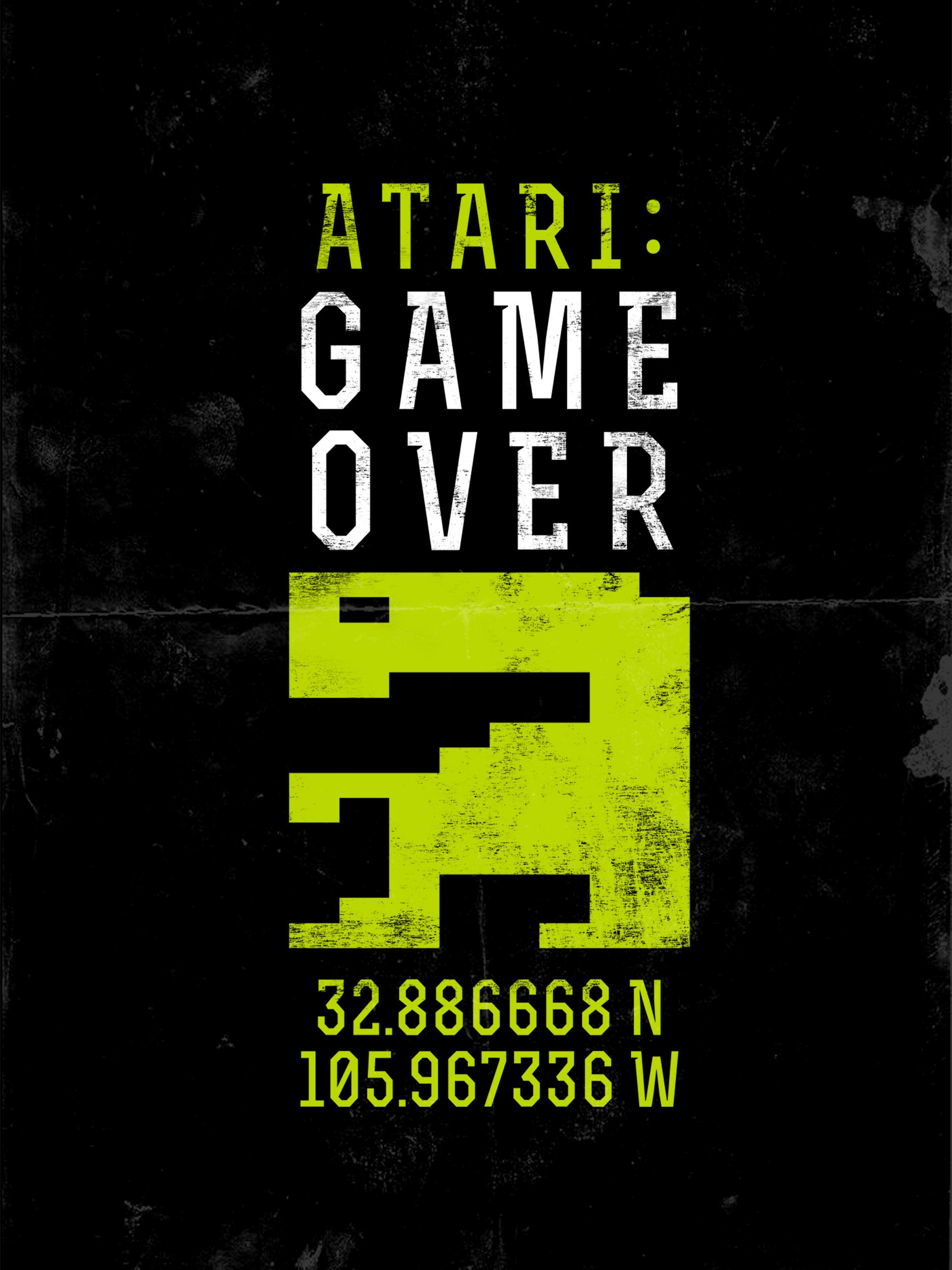I am very glad to be able to post something on Alexander R Galloway right here. He needs no introduction I am afraid, and I think he is unavoidable if one wants to dig a little deeper into how online-offline entanglements that affect more of us by the day intersect and interplay. Alexander continues to be one of the most important theoreticians of the digital, having published in the 2000s several key books on Internet protocols, algorithmic culture, unconventional computing, digital humanities and posthumanities, network theory and gaming : Protocol: How Control Exists After Decentralization, Gaming: Essays on Algorithmic Culture, The Exploit: A Theory of Networks(with Eugene Thacker) and recently (2021) – Uncomputable: Play and Digital Politics in the Digital Age from Verso.
As a starter, here are some of his free articles:
Radical Illusion (A Game Against)
This keynote lecture brings together research and books by other authors, be it cyber-feminist or digital culture – a different history of computing, biding carefully and imaginatively together old and new material practices that subtend computation (by XX women artists let’s say or adopted from specific work done by indigenous people) as a common weave of ‘uncomputable’ computer history.
In a sense he is just tying together several knots and threads, adding more to wider web of inclusive and non-reductionist histories of (unconventional) computing. There is an incredible visible and tangible built-up that made computing happen starting from down below. One that allows us to better feel and understand that it could not exist without this processual practices. An instantiated (and mostly underrated and unwaged) work specific to all sorts of weaving process – from childhood games such as Cat’s Cradle (Donna Haraway) to DNA molecular folding. Textile art and textile production for a long time considered ‘minor’ arts and ‘decorative’ (even inside men preserves such as Bauhaus) – are taken as better examples of parsing both industrial history and understanding mathification in various other ways than just visiting your local computer museum or technical museum. Here are a few rapid notes on it:
-on the way it discusses both the work of early industrial weavers, the worker’s own resistance and distraction of machines as boycott against automation and the ‘intellectual’ aesthetic critic against pieces (observations by Lord Byron) made in the new factories as opposed to the previous handicraft work. New lower quality work coming out of these early factories was disconsidered and called in the day’s cant: ‘spider work’.
-early employers preferring married women as workers since they would be more docile, and more ready to give everything in order to provide for their families (a quote from Marx that quotes an early social reformer.
-the way Ada Lovelace largely considered the first programmer – at the same time (as Sadie Plant has pointed out in 1997) the context of her ground braking mathematical work is as telling as the work itself (if not more for non-mathematical minds as mine), it is an addenda to a proto-vapourware, an annex written by a women to a footnote of a translated review from Italian about the first “computer” – a machine thought by Charles Babbage (the Analytical engine in his words), but that did not yet exist!
-a very nice example of fraying of margins, of falling apart. This is no smooth or continuous and unaltered history. It follows the same way carpets or woven products get most intense friction or use at the margins. There is I think a long-standing interest of AR Galloway in the role of error, of the glitch in programming and the way all these proto-computers were always incredibly noisy, clunky and prone to failure all the time and had to be always rebooted or debugged from early on.
-the way spiders interpret or percieve any improvement to their work (as in the work of the artist Nina Katchadourian was mending damaged spider webs) as something unwanted, an event that actually made them come and extract the ‘repaired part’ and continue with their own work
“Narrating a series of lesser-known historical episodes, Alexander R. Galloway’s keynote lecture addresses the computable and uncomputable. These stories are drawn from the archives of computation and digital media, broadly conceived. The goal is to show how computation emerges or fails to emerge, how the digital thrives but also atrophies, how networks interconnect while also fraying and falling apart. Such alternations–something done something undone, something computed, something uncomputed–constitute the real history of digital machines, from cybernetics and networks to cellular automata and beyond. And while computers have colonized the globe in recent years they also excel at various practices of exclusion. Since the 1970s “protocol” technologies have played a key role in this transformation. Galloway concludes with an interrogation of the concept of protocol in 2020, revisiting his groundbreaking 2004 book Protocol: How Control Exists after Decentralization.”(VLC Forum 2020 description)



 A crew digs up all of the old
A crew digs up all of the old 
